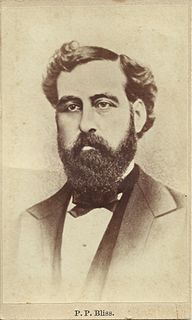A Quote by Salvatore Quasimodo
We wrote verses that condemned us, with no hope of pardon, to the most bitter solitude.
Related Quotes
If God is Love, He is, by definition, something more than mere kindness. And it appears, from all the records, that though He has often rebuked us and condemned us, He has never regarded us with contempt. He has paid us the intolerable compliment of loving us, in the deepest, most tragic, most inexorable sense.
Everything we knew condemned us, and our questioning condemned us most of all. Knowledge was the way of our people, and knowledge was dangerous. It was the first thing that freed you and the thing that put you in peril. It was the key to the ten gates. I saw them clearly now, each and every one, the gates that were there for me. Ashes, Bones, Grass, Heart, Stone, Love, Sorrow, Blood, Earth, Sky.
I remember, when I was a child and wrote poems in little clasped books, I used to kiss the books and put them away tenderly because I had been happy near them, and take them out by turns when I was going from home, to cheer them by the change of air and the pleasure of the new place. This, not for the sake of the verses written in them, and not for the sake of writing more verses in them, but from pure gratitude.
Where is the hope? I meet millions who tell me that they feel demoralized by the decay around us. Where is the hope? The hope that each of us have is not in who governs us, or what laws are passed, or what great things that we do as a nation. Our hope is in the power of God working through the hearts of people, and that’s where our hope is in this country; that’s where our hope is in life.



































